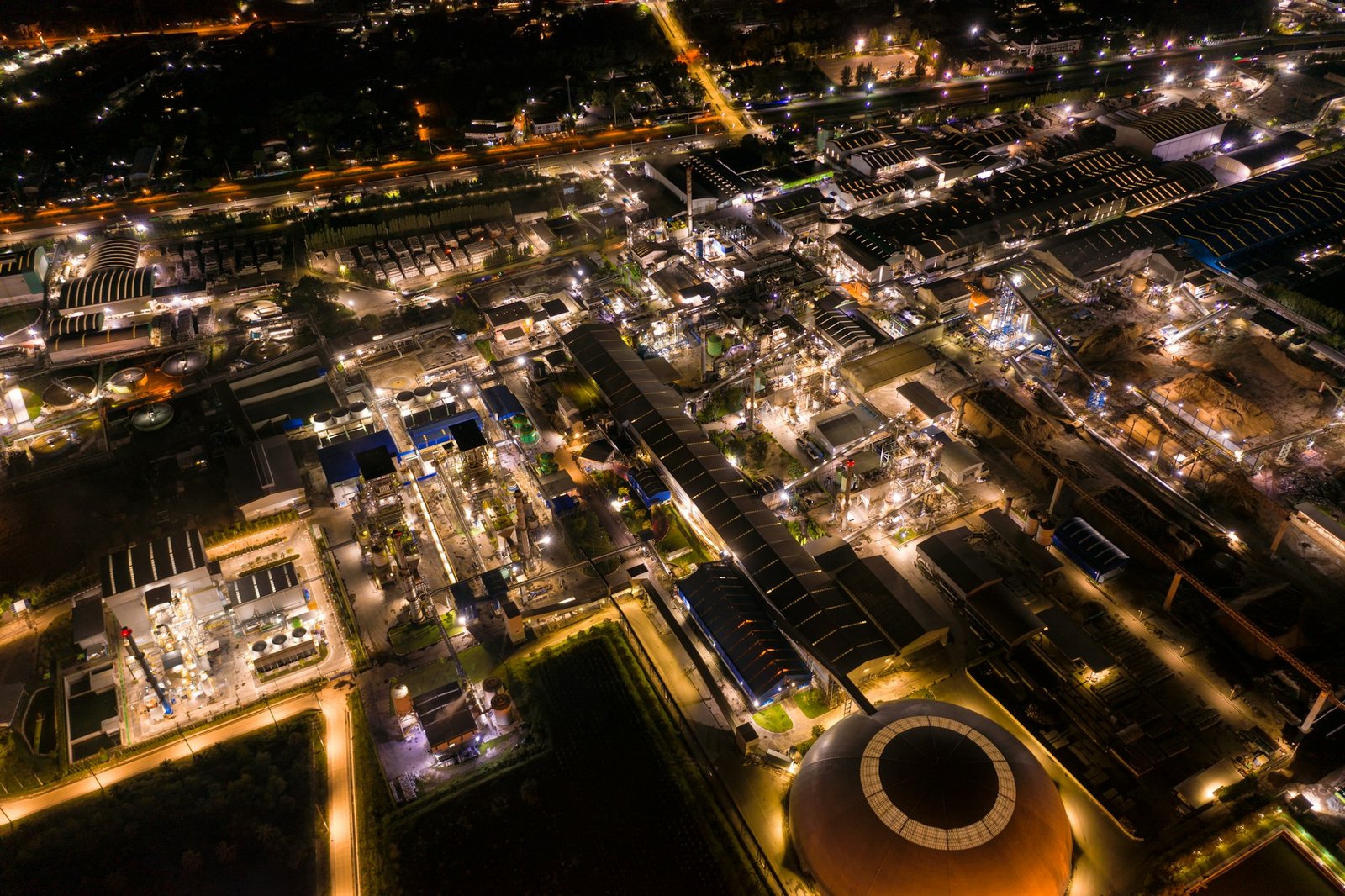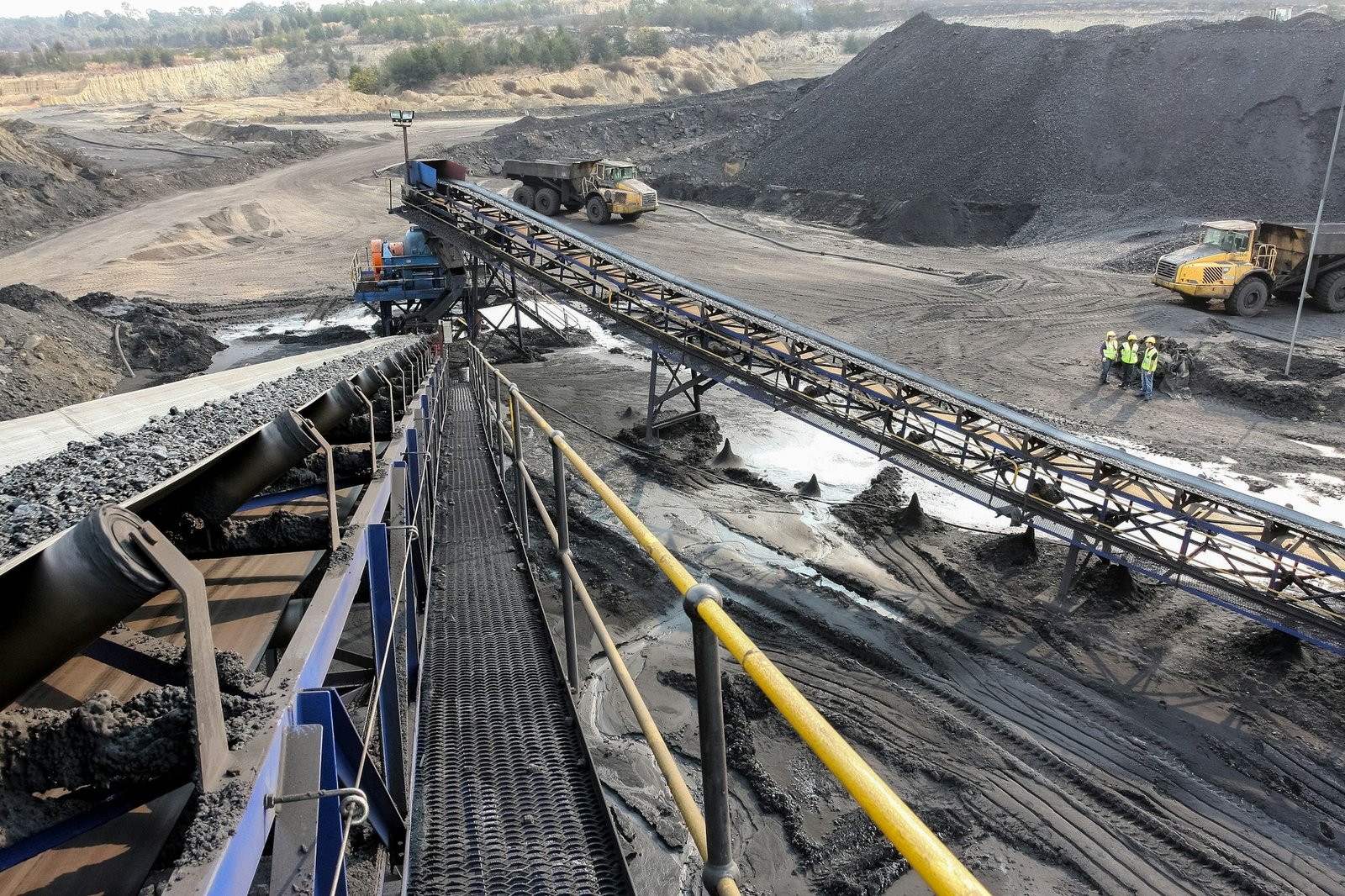The chemical industry, a cornerstone of global manufacturing, is undergoing a seismic shift thanks to the advent of digital technologies. This transformation, driven by Artificial Intelligence (AI) and the Internet of Things (IoT), is not just altering operations but is also enhancing safety measures and fostering innovation. This article delves into the profound impacts of digital transformation on the chemical sector, exploring how AI and IoT are revolutionizing its landscape.
Revolutionizing Operations with AI and IoT
AI: A Catalyst for Efficiency and Precision
Artificial Intelligence (AI) has emerged as a game-changer in the chemical industry, optimizing processes that were once considered complex and time-consuming. AI algorithms can predict outcomes, automate repetitive tasks, and analyze vast datasets to uncover insights that humans might overlook.
Predictive Maintenance
One of the standout applications of AI is predictive maintenance. By analyzing data from machinery, AI can predict failures before they occur, minimizing downtime and saving costs. This predictive capability ensures that maintenance can be scheduled during non-critical production periods, thereby enhancing operational efficiency.
Process Optimization
AI also plays a crucial role in process optimization. By analyzing historical data, AI algorithms can recommend adjustments to chemical processes, ensuring optimal efficiency and product quality. This not only reduces waste but also significantly lowers energy consumption, contributing to more sustainable operations.
IoT: Connecting and Enhancing the Chemical Landscape
The Internet of Things (IoT) brings a new dimension to the chemical industry by enabling a network of interconnected devices. These devices collect and exchange data, offering real-time insights into operations, which leads to improved safety, efficiency, and decision-making.
Real-time Monitoring and Control
IoT devices allow for the real-time monitoring of chemical processes, providing instant data on parameters such as temperature, pressure, and flow rates. This enables immediate adjustments, ensuring processes operate within optimal conditions and reducing the risk of accidents.
Supply Chain Optimization
IoT technology also extends its benefits to supply chain management. Sensors can track the location and condition of raw materials and products in real time, improving logistics, reducing inventory costs, and enhancing customer satisfaction by ensuring timely deliveries.
Enhancing Safety through Digital Technologies
The chemical industry, known for its hazardous operations, has found a powerful ally in digital technologies. AI and IoT contribute significantly to workplace safety by predicting potential hazards and monitoring environmental conditions, thereby preventing accidents and ensuring the well-being of employees.
Fostering Innovation and Sustainability
Digital transformation is not just about improving existing processes; it’s also about innovation. AI and IoT open up new possibilities for developing novel chemicals and materials by simulating reactions and processes, reducing the need for physical trials. Moreover, these technologies support sustainability by optimizing resource use and reducing waste.
The digital transformation of the chemical industry, powered by AI and IoT, is reshaping its future. By revolutionizing operations, enhancing safety, and fostering innovation, these technologies are setting the stage for a more efficient, safe, and sustainable chemical sector. As the industry continues to embrace digital transformation, it stands on the brink of a new era of possibilities that will undoubtedly redefine its role in the global economy.
FAQs:
What is digital transformation in the chemical industry?
Digital transformation in the chemical industry refers to the integration of digital technologies like AI and IoT into various aspects of operations, from production to supply chain management, to improve efficiency, safety, and innovation.
How does AI contribute to predictive maintenance?
AI analyzes data from equipment to predict potential failures before they occur, allowing for timely maintenance and reducing unplanned downtime.
Can IoT devices improve safety in the chemical industry?
Yes, IoT devices play a crucial role in enhancing safety by providing real-time monitoring of environmental conditions and chemical processes, helping to prevent accidents and ensure employee safety.
How do digital technologies foster innovation in the chemical sector?
Digital technologies like AI and IoT accelerate innovation by enabling the simulation of chemical processes and reactions, reducing the time and resources needed for physical experiments, and leading to the discovery of new materials and chemicals.
Are there sustainability benefits to the digital transformation of the chemical industry?
Absolutely. Digital transformation contributes to sustainability by optimizing resource use, reducing energy consumption and waste, and enabling more efficient processes that have a lower environmental impact.






